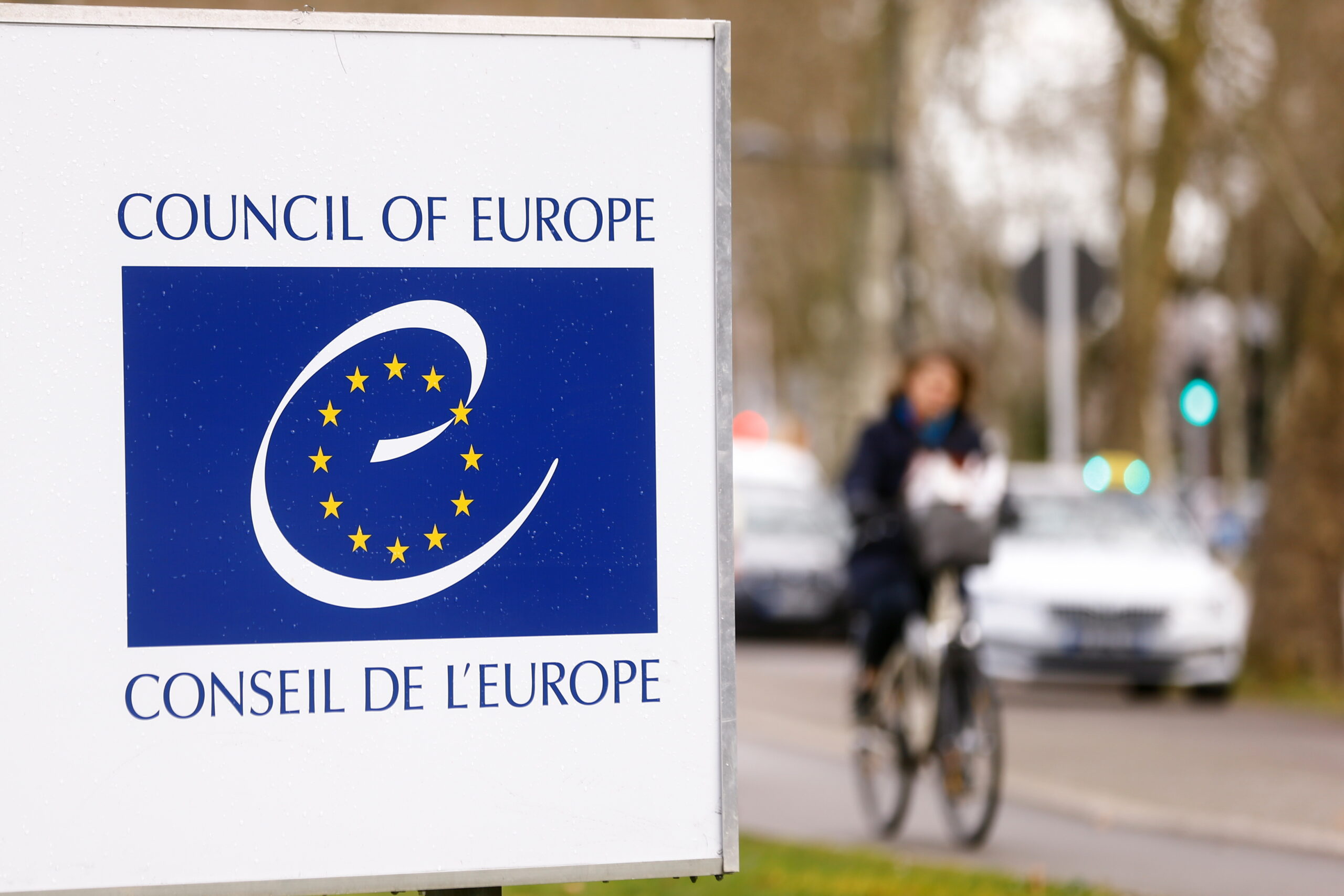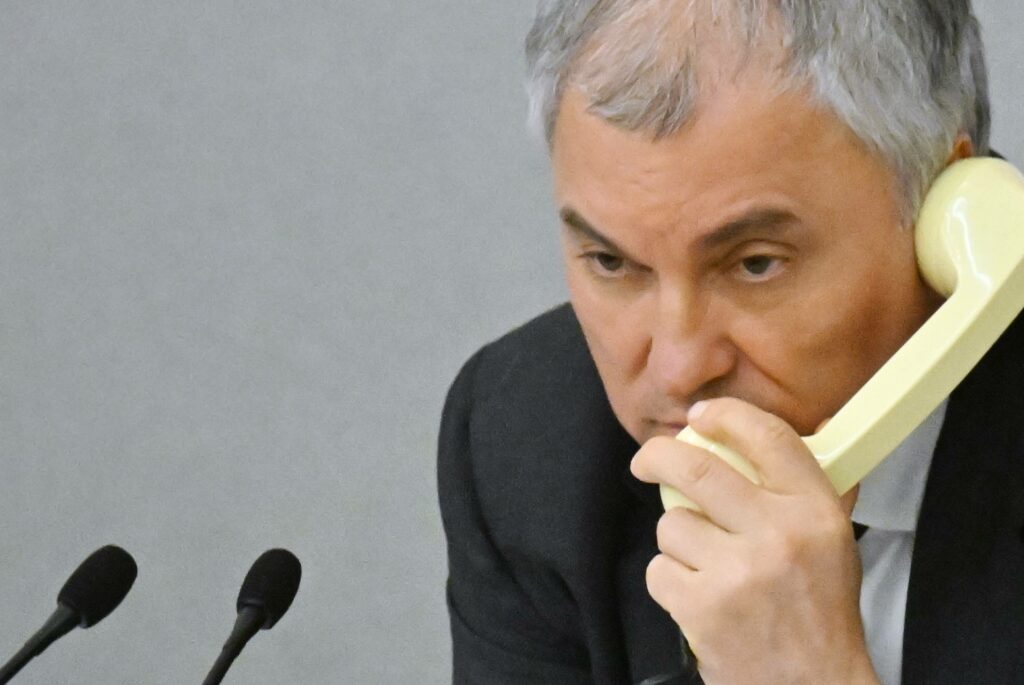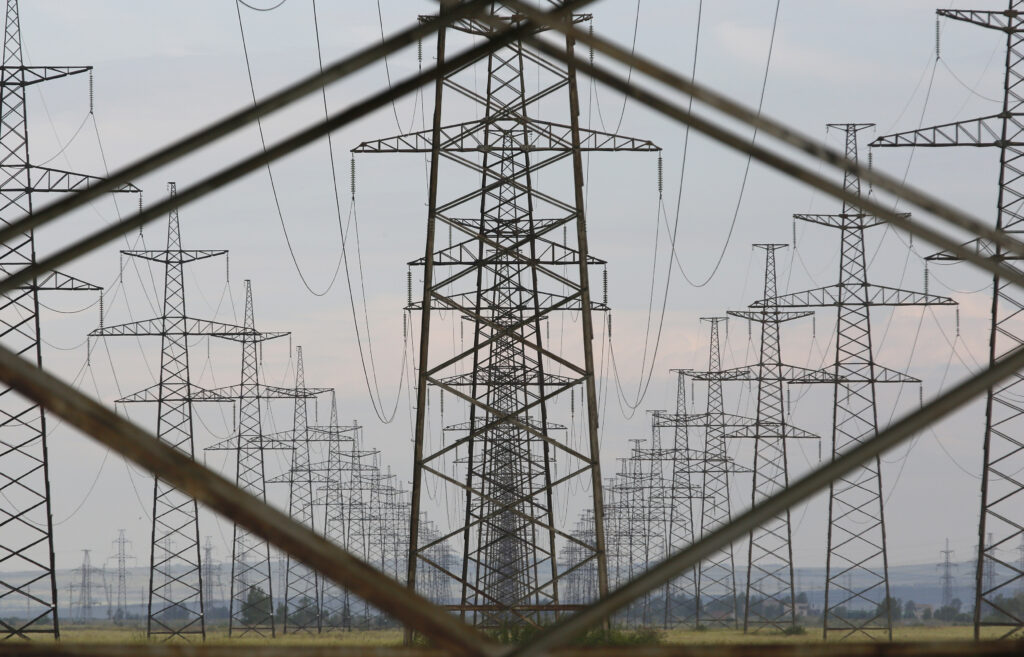In the wake of Belarus’s disputed 2020 presidential election and Russia’s full-scale invasion of Ukraine in 2022, Europe has grappled with a surge of political emigrants from both nations. Not all of those who fled to EU countries qualified for official refugee status as victims of political persecution. Yet the emergence of these new political diasporas—and the crises that spurred their formation—has compelled EU institutions and national governments to respond.
European leaders have had to navigate thorny dilemmas: how to engage with exile communities, what degree of formal interaction is appropriate, and how to preserve ties with the regimes these individuals fled. Compounding these challenges are internal divisions within the exile groups themselves. At the heart of the matter, however, lies a fundamental question: what confers political relevance and legitimacy on these communities?
The Challenge of Agency in International Politics
Historically, nation-states have been the primary actors in international affairs, a norm cemented by the Peace of Westphalia in 1648, which enshrined state sovereignty over territory. Over time, the monarchical basis of legitimacy gave way to the notion of the nation as the wellspring of state authority—a shift epitomized by the French Revolution and the rise of nation-states across Europe in the 19th century. In the first half of the 20th century, states remained the dominant players: forging alliances, building blocs, and shaping global order. Efforts to establish supranational entities, such as the League of Nations, underscored their fragility against the weight of state sovereignty.
The post-World War II era introduced a paradigm shift. The horrors of Nazi mass atrocities, genocide, and crimes against humanity galvanized a reevaluation of human rights’ place in global politics. The Nuremberg Tribunal, convened to prosecute top Nazi leaders, marked a watershed: for the first time, the international community held a state’s rulers accountable for such crimes.
From that moment onward, a principle has taken root in international politics, empowering individuals to seek rights protection and interest representation directly from global institutions, bypassing their home states. This is evidenced by bodies like the European Court of Human Rights, as well as ad hoc tribunals for the former Yugoslavia (1993) and Rwanda (1994). These mechanisms affirm that states and their leaders enjoy no absolute immunity from international justice, and that safeguarding core human rights can fall to supranational authorities.
Interstate relations nonetheless remain the bedrock of diplomacy. Nations exchange ambassadors, negotiate treaties, and base decisions on their sovereignty and domestic legitimacy—genuine or fabricated, in the case of authoritarian regimes. Exiles abroad can invoke protections as private individuals, with international organizations nominally safeguarding their rights. But they cannot claim to embody a political nation to the extent that states do.
Governments in Exile: Lessons from the 20th Century
The world wars offer stark examples of governments losing territorial control yet retaining international recognition. During World War I, Serbia’s government endured in exile; in World War II, so did Norway’s. In both instances, these bodies were deemed legitimate representatives of their nations, despite the occupation. A key distinction: foreign powers had ousted them through conquest, their claims resting on brute force rather than the will of the occupied populace.
The Russian «Whites,» who fled after defeat in the Civil War, faced a starkly different fate. Their bid for an exile government faltered against a pragmatic calculus: the Bolshevik «Reds» had prevailed domestically, implying some measure of internal backing. No one could frame their victory as foreign occupation. Thus, the Bolshevik regime—authoritarian and repressive as it was—emerged as Russia’s international face. Territorial control and domestic legitimacy proved decisive, prompting European states to forge trade ties in the 1920s, followed by full diplomatic relations. Ideological qualms about the USSR’s fidelity to Russia’s heritage or traditions took a backseat.
The conceptual hurdles confronting 21st-century exile political organizations echo those of the Russian Whites a century ago: how to secure recognition without territory or verifiable popular support in the homeland they aspire to represent.
A Nation in Exile: The Cases of Iran and Belarus
Iran’s political emigration bears parallels to Russia’s. Following the 1979 Islamic Revolution and the ayatollahs’ consolidation of power, exile circles splintered into rival factions. Up to 5 million Iranians live abroad, forming a kaleidoscope of political views: monarchists rallying around Reza Pahlavi, the NCRI and MEK networks, and ethno-political movements (Kurdish, Baloch, and others). The 2022−2023 protest wave reinvigorated the diaspora but failed to heal its fractures—debates rage over external pressure, reform versus regime change, federalism, and even symbolism. These tensions peaked in 2025 amid the Israel-Iran war, with some exiles hailing strikes on Iranian military targets as catalysts for change—a stance many at home branded treasonous. Monarchists, too, have suffered reputational blows: Reza Pahlavi’s appeals, geared toward foreign audiences, have deepened doubts about his rapport with Iranian society.
In the US and Europe, no Iranian exile platform has been anointed an «alternative government.» Western governments champion human rights, engage diaspora figures informally, but steer clear of endorsing any faction institutionally—citing the opacity of their domestic support. Monarchists boast visibility and connections in Western capitals, yet their image remains polarized, both abroad and in Iran. Recognition, then, manifests less as diplomatic imprimatur and more as access to media, forums, and advocacy channels.
By contrast, Belarus’s exile opposition appears more unified. After the 2020 election—repudiated by most Western nations—Sviatlana Tsikhanouskaya emerged as the democratic movement’s figurehead and a pivotal interlocutor on Belarus’s future. EU bodies and governments hail her as the «leader of Belarus’s democratic forces,» inviting her to high-level summits, but stop short of recognizing her or her structures as a legitimate government. Lithuania carved a partial exception: in 2021, its Seimas passed a resolution deeming Tsikhanouskaya the «lawfully elected leader of the Belarusian people» and accredited her Vilnius office as the «Democratic Representation of Belarus.» This parliamentary gesture, however, lacks executive weight or EU-wide binding force. Broadly, ties with Tsikhanouskaya in Europe and the US frame her as a bulwark for democratic forces, not a holder of international-legal sovereignty. Her stature rests on the electoral mandate validated in 2020.
A cornerstone of the Belarusian opposition is the United Transition Cabinet, launched in 2022 at Tsikhanouskaya’s behest. This exile body aims to unify democratic actors, streamline their efforts, and draft a reform blueprint. Comprising «plenipotentiaries» across domains from foreign policy to law enforcement, it casts itself as a provisional executive for the handover period. Though lacking formal international endorsement, its formation drew plaudits from the European Parliament and select national legislatures as a consolidation milestone. In January 2024, the Parliamentary Assembly of the Council of Europe (PACE) advanced further, establishing a dedicated «representative delegation of Belarusian democratic forces.» This group gained entrée to PACE committees and networking formats—a trailblazing instance of institutional exile integration into Europe’s parliamentary framework, albeit without full state-delegation status.
Among Tsikhanouskaya’s boldest ventures is the «New Belarus Passport» initiative—an alternative credential to aid exiles in maintaining legal identity and accessing services abroad, amid Minsk’s refusal to renew documents via embassies. The project faltered against formidable legal and diplomatic hurdles: absent state ratification, such papers hold no force. Consequently, tens of thousands of Belarusian emigrants teeter on precarious ground, facing lapsed passports that could strip them of EU residency, social benefits, and mobility. This impasse underscores a raw vulnerability for the diaspora and the stark bounds of exile opposition sans international-legal backing.
Lessons for the Russian Opposition
Russia’s full-scale war on Ukraine scattered much of its political opposition into exile, prompting fresh overtures to global partners. A milestone came on October 1, 2025, when PACE resolved to create a dialogue platform for Russian democratic forces. Yet this falls short of supplanting Russia’s representation in PACE or granting participants assembly privileges. It offers a consultative venue for airing concerns on independent media, human rights, and aid to Russians abroad. Lingering doubts persist: can these entities speak for anyone beyond their exile cohort? Unelected, bereft of domestic mandates, and marginal in shaping Russia’s internal affairs, their reach is circumscribed.
The Anti-Corruption Foundation (FBK), sidelined from the PACE platform, pursues its own high-level Western ties. Yulia Navalnaya, widow of Alexei Navalny—killed in 2024—has become a global emblem of Russian opposition. She has conferred with French President Emmanuel Macron, German Chancellor Olaf Scholz, Canadian Prime Minister Justin Trudeau, and others. These engagements signal political acknowledgment of her stature and the democratic cause, but not diplomatic elevation to alternative governance. As with Tsikhanouskaya, Western states view such figures as civil-society voices and collaborators on human rights and post-regime horizons—never as proxies for ousting incumbents in Russia or Belarus.
Legitimacy conundrums bedevil structures like the PACE delegation. Staging elections among expatriate Russians poses logistical nightmares and political perils: it would spotlight their confinement to the diaspora, not the nation writ large. Ironically, their allure for European policymakers lies in insider insights on Russia and latent sway there. Without robust domestic buy-in, though, their toolkit stays slender, and the question of their true constituency endures.
The experiences of Belarus and Iran illustrate that, even with external bolstering, exile opposition cannot supplant the state. It wields no authority to issue binding documents, ink treaties, or steward assets. Ventures like the «New Belarus Passport» or a hypothetical «Nansen passport for Russians» linger as potent symbols, devoid of legal heft. In truth, the exile opposition’s remit narrows to vital yet bounded pursuits: shielding expatriates’ interests, advancing human-rights advocacy, bolstering free media, and spotlighting homeland repression.










